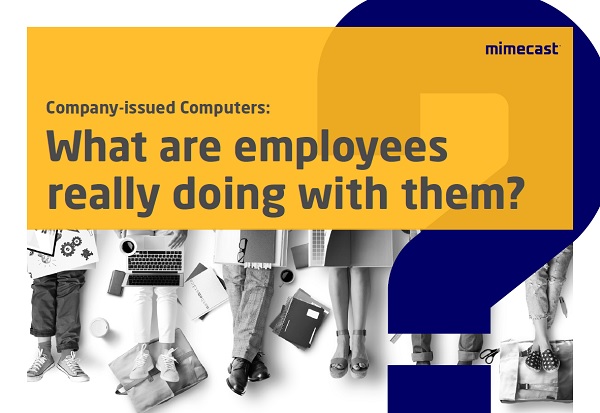Now more than ever, organizations are issuing computing devices – laptops, mobile phones, desktops – en masse to their staff. There was no choice, as in March a certain submicroscopic infectious agent arrived uninvited to obliterate 2020.
For so many organizations around the world, one day in March was the last day in the office for a very long time. And this is still the case for many. Work from home (WFH) is the reality for those businesses that can. And to do that efficiently and (somewhat) securely, the issuance of laptops and other computing devices quickly became IT job #1! According to IDC, PC shipments1 popped to 72 million units in the second calendar quarter of 2020, an 11.2% year-over-year growth.
But have you ever wondered what your employees are doing on these devices? All business of course. Raise your hand if you believe that! Were your IT and security policies and systems ready for this rush to WFH? Do you think the blurring of business and personal lives has increased or decreased in 2020? We had our own guesses and suspicions, but to help answer these questions with some hard data, Mimecast sponsored research in September 2020 of more than 1,000 businesspeople around the world that have a company-issued computing device. Read on to learn what we discovered about what employees are actually doing with these company owned devices.
In addition to working remotely, what else is your staff doing on their corporate-issued devices?
The survey results are very clear. Employees extensively use company-issued devices for personal matters. Seventy-three percent of the respondents admitted to it. Big surprise? Not really. This was certainly true when they were on the corporate network too. But now they are doing personal things on their home network using a corporate asset. Unless organizations are consistently driving them through their VPN or a cloud-based secure web gateway, they have little or no visibility to this activity. Is it safe?


